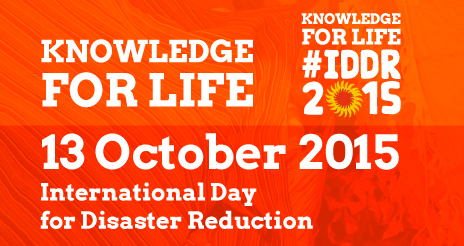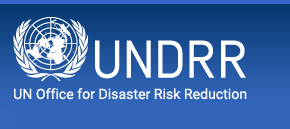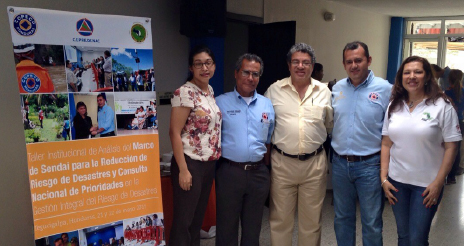- Our Mandate
- Mission and Objectives
- UNDRR in the UN System
- Work Programme & Annual Reports
- Results Based Management System
- Donor Partnerships
- Headquarters
- SRSG for Disaster Risk Reduction
- Regional Office - The Americas
- Head of the Regional Office
- New York Liaison Office
- UNDRR-CERRD
- What is Disaster Risk Reduction?
- What is the International Strategy?
- History
- Vacancies
Central America: Pioneer in the Analysis of the Sendai Framework for Disaster Risk Reduction (SFDRR)
By: UNDRR – The Americas
The main objective of the May and June workshops is to contribute to the development and optimization of national development priorities that incorporate comprehensive disaster risk management in the framework of existing policies and with the support of international cooperation. These workshops are being held in Central America to discuss the strategic lines of the recently adopted Sendai Framework for Disaster Risk Reduction 2015 to 2030 (SFDRR) and its links with the priorities identified.
Central America, a region that is home to more than 43 million inhabitants, is considered the second most vulnerable in the world in terms of climate change. Currently, Latin America is risking its perception that is working to reduce poverty and inequality reduction due an escalating amount disasters in the region and the losses that come with them; which threaten regional and national efforts to achieve sustainable development and could additionally trigger other risks such as migration processes, violence and insecurity*.
The first national meeting was held on 21 and 22 May in Honduras, more meetings will to be held in Guatemala (1-2 June), Panama (4-5 June) and Costa Rica (8-9 June) where decision makers and stakeholders from various sectors will meet. All events will be led by the National Disaster Risk Management System of Central America.
The dynamics of the Workshops include the active participation of the audience, in order to compare key aspects of the SFDRR (objectives, principles, priorities, goals, functions, etc.) with national policies and with the Central American Policy for Integrated Risk Management (PCGIR), in order to find synergies for effective implementation.
These workshops will facilitate reflection and exchange among different social sectors and provide inputs to the third Consultative Forum of the Central American Policy for Integrated Risk Management (PCGIR), to be held in El Salvador on 18 and 19 June of this year, have confirmed the participation of the Special Representative for the Secretary General of the United Nations for Disaster Risk Reduction, Ms. Margareta Wahlström.
The Institutional Workshops of the Sendai Framework and National Consultations on Priorities of Integrated Disaster Risk Management are conducted through coordination between the United Nations Office for Disaster Risk Reduction (UNDRR), the Coordination Centre for Natural Disaster Prevention in Central America (CEPREDENAC), the United Nations Development Programme (UNDP) and the partners of the DIPECHO Action Plan 2014-2015 of the Disaster Preparedness Programme of the European Commission’s Office for Humanitarian Aid and Civil Protection (ECHO) and with the support of the Swiss Agency for Development and Cooperation (SDC).
Related Links:
Sendai Framework for Disaster Risk Reduction (SFDRR)
* This is indicated by the first Regional Report on the Status of Vulnerability and Disaster Risk in Central America, published by the United Nations Office for Disaster Risk Reduction (UNDRR), through its Regional Office for the Americas and the Centre for Natural Disaster Prevention in Central America (CEPREDENAC).
Follow the UNDRR news online:
 International Day for Disaster Reduction #DIRD 2015 Knowledge for Life
International Day for Disaster Reduction #DIRD 2015 Knowledge for Life
More information

 Mayra Valle, CEPREDENAC; José Antonio Velásquez, COPECO; Julio García, UNDRR; Moisés Alvarado, COPECO and Sandra Zúñiga, FICR; during the Institutional Workshop on the Sendai Framework and National Consultations on Priorities of Integrated Disaster Risk Management, held in Honduras. Photo credit: COPECO.
Mayra Valle, CEPREDENAC; José Antonio Velásquez, COPECO; Julio García, UNDRR; Moisés Alvarado, COPECO and Sandra Zúñiga, FICR; during the Institutional Workshop on the Sendai Framework and National Consultations on Priorities of Integrated Disaster Risk Management, held in Honduras. Photo credit: COPECO.